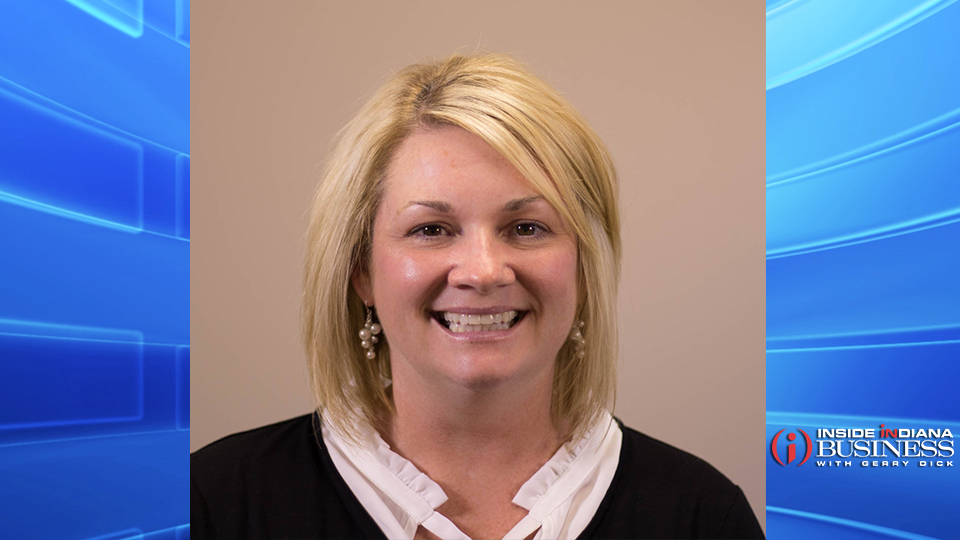Call for support, education and mentorship as solution to Indiana’s nursing shortage
Subscriber Benefit
As a subscriber you can listen to articles at work, in the car, or while you work out. Subscribe Now
The nursing profession dates back to the 18th and 19th centuries, and it’s been an industry affected by minor bumps and bruises up to extreme illnesses. Within the past few years, though, nurses nationwide have been impacted by COVID, and although we’re in the endemic phase, it’s predicted that these professionals will feel the effects for at least three more years.
Indiana is combating nursing shortages that are a direct result of pandemic challenges and an aging workforce. In fact, according to the Indiana Hospital Association, Indiana will need around 5,000 more nurses by 2031. This statistic should startle each and every one of our communities, as the number of patients needing care is drastically outnumbering the amount of nurses available. By way of House Enrolled Act 1003, the Hoosier state is taking steps toward simplifying nurse licensure restrictions to increase enrollment at faster rates and help mitigate the shortage. While this new law creates opportunities for growth in the field, there are hospitals that haven’t implemented this change into their operations quite yet.
With Daylight Saving Time around the corner — taking place Nov. 6 — night shift nurses are gearing up for working an extra hour on the clock. While this is an annual occurrence, it’s important to note that an extra hour can mean a lot when one is already working a taxing shift. WGU Indiana is bringing attention to these unsung heroes this November and is committed to elevating solutions that minimize the strain our nursing workforce experiences and supporting our healthcare system as a whole.
Create pathways for entry into degree programs.
Like any other professions, some nurses have aspirations to grow in the field and progress to more advanced, leadership roles. More times than not, this requires access to education, financial stability, time and a flexible schedule. With a high intensity job, and many nurses having a family of their own, pursuing any kind of higher education can seem unreachable, and it’s not always of equal access. It’s up to healthcare and education leaders to help break down these barriers.
Opportunities can come in the form of partnerships with higher education institutions; some being more equipped than others when it comes to providing affordable and accessible coursework. Be it for entry-level healthcare professionals that want more experience with patient care, like licensed practical nurses or medical assistants, or more seasoned workers looking to graduate into a more leadership-focused role, education and support within the walls of the hospital and via higher education plays an integral role in the process.
Acknowledge the importance of preceptors in healthcare.
Mentors, also known as preceptors, are a critical component for new nurses who are entering the field of healthcare. We’re in a day and age where the profession can seem daunting, especially if there’s no internal support system. What we’re witnessing is that the number of nursing preceptors are decreasing in the midst of the nursing shortage. This is due to retirement and those willingly choosing to leave the field altogether. With the average age of registered nurses being 52, healthcare leaders can address the immense wealth of knowledge that these professionals hold, and how it can be shared with the younger workforce. Healthcare systems can create ways to incentivise these seasoned nurses to be preceptors, reinforcing the hard work many have given for the past few decades.
Tending to nurses’ mental health needs.
Mental health discussions have spiked since COVID-19, and understandably so. We’ve all found ourselves needing more time to rest and recuperate as our world has been turned upside down these past few years. This isn’t about creating a competition on who had or has it worse, but I do want to point out that nurses and our frontline healthcare workers have taken on an immeasurable responsibility in caring for our immediate, and sometimes life-threatening, needs that have been a direct result of the pandemic. So while they’re caring for us, who is caring for them?
Healthcare leaders need to implement long lasting benefits and flexibility for their staff in order to retain and grow our state’s healthcare workforce. This can be in the form of access to education, more flexible scheduling and innovative compensation packaged for a better work-life balance.
If these issues aren’t addressed, shortages will continue to result in high nurse-to-patient ratios, which can lead to medication errors and higher morbidity and mortality rates. Fortunately, there are actionable steps to support our valued healthcare workers.
Lisa Eagans, MSN, RNC-MNN, has more than 20 years of experience serving in healthcare and is now the State Director of Prelicensure Nursing for WGU Indiana. Eagans is a lifelong learner who started her career as a CNA and her journey has since evolved from LPN, ASN, BSN and MSN with plans to begin her DNP soon. WGU is a nonprofit, online university offering 60+ degrees in the four colleges of business, teaching, I.T. and health/nursing.
